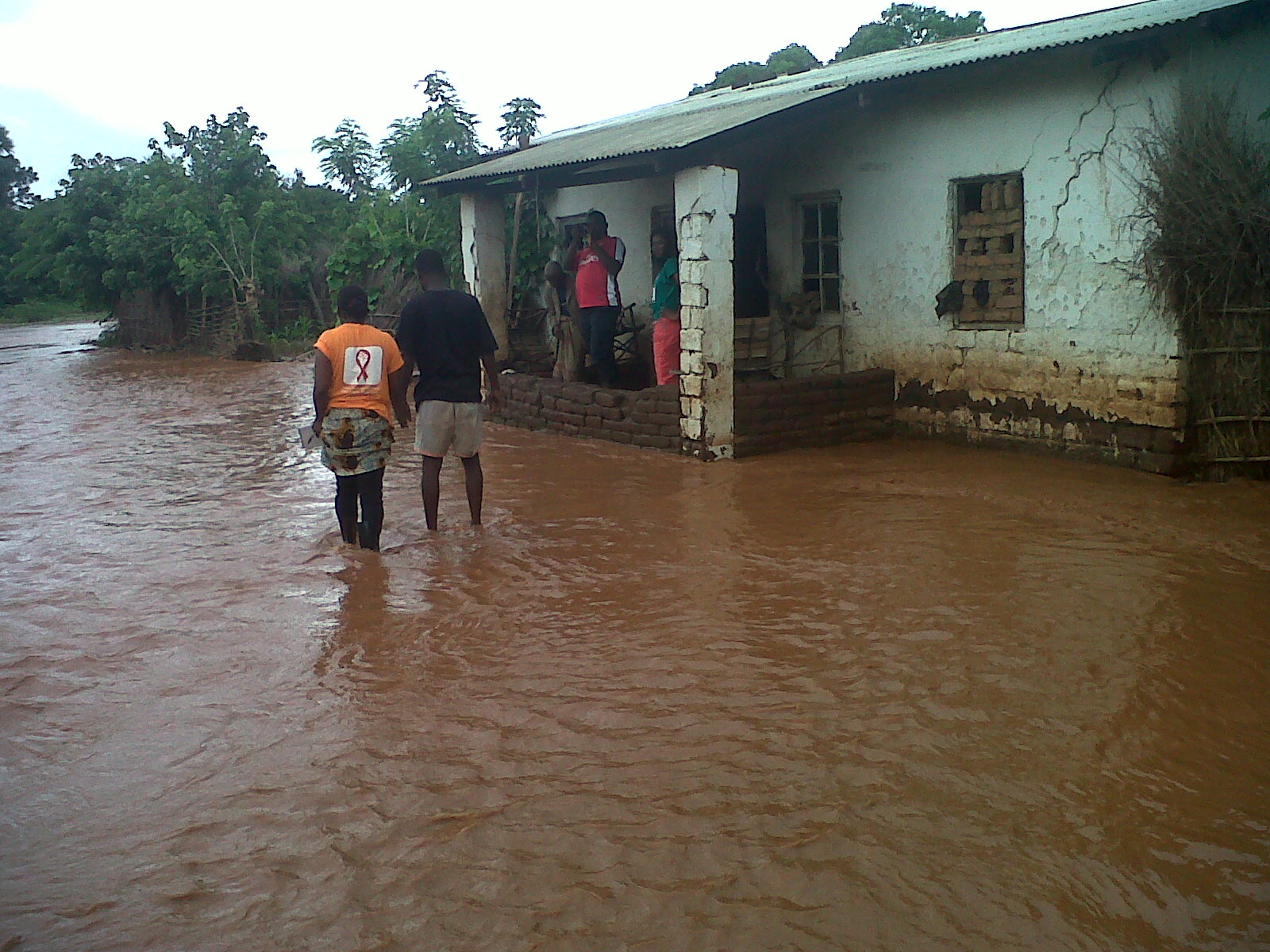Love your language
Last week, social media and traditional media were abuzz over Flames player Dalitso Sailesi’s post-match interview. The majority of those who took to social media ridiculed the football star for responding to a question in the vernacular—Chichewa to be specific.
 |
| Daliso Sailesi (Right) in action during the Cosafa Tournament |
A lot has been said about the whole scenario, but what caught my attention was how many Malawians felt “embarrassed” by Sailesi’s decision to speak Chichewa at an international stage. Sailesi should have never ever spoken Chichewa because that is very “embarrassing” and somewhat “primitive” and showed how intellectually-challenged the player is, so they say.
This scenario made me realise that we still have many Malawians who are yet to embrace the cultural and linguistic diversity that exists in our country.
Many Malawians do not realise that people have a right to express themselves freely in any language. If one thinks they can express themselves better in Chiyao, so be it. No one should be gagged.
It also showed me that there are many Malawians who would rather hide their identity just so they can conform. It is no wonder that many have decided that their children should never ever speak any other language except English—it is used as a symbol of status in society. The rich speak English, the poor and unrefined speak vernacular. I am disappointed with this thinking.
I believe language is part of one’s identity. We are able to identify ourselves with one another, either through our shared cultural beliefs and language. I have always insisted on the preservation of our languages—what a better way to do that than speaking the language one is comfortable with?
I am very well aware that English is the official language in Malawi and very necessary when one wants to communicate. But, I am also aware that this language was imposed on us and that not everyone in Malawi has had the privilege to learn it. I am also aware that there are so many Malawians who, given a chance, would rather express their business, scientific or political ideas in their mother tongue because that’s the only way they can express themselves well.
Language influences thought, and thought often conditions action, and also influences conduct. Language, therefore, is the strongest medium of transmitting culture and social reality. Sailesi, undoubtedly the rising Malawian football star, need not be fluent in English to pass the ball on the pitch. From the interview, it is clear that he knows some basic English enough help him get by.
The ‘noise’ from many Malawians who ridicule him only serves to discourage such talented people from expressing themselves. Surely, we should be celebrating his achievements, he won the Man-of-the-Match award and all we could do is laugh at him? Malawians have of late taken to channelling their energies on all the wrong things, and this is one of them. We can do better.
Yes, English is somehow important in communicating, but it certainly isn’t the only language for communicating and surely not a yardstick by which we measure one’s intellectual capability, neither should it be forced on someone who thinks they can’t speak without stammering. Those who feel comfortable to speak English well, good for you, but don’t ridicule those who cannot.


Comments
Post a Comment
Leave a comment